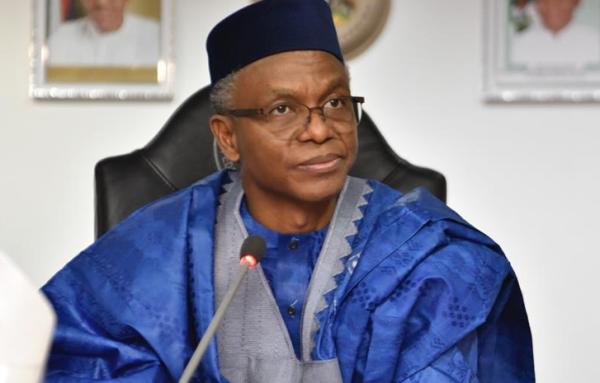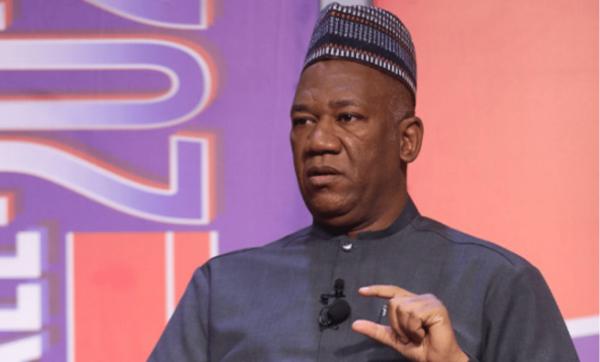
Ukraine's president has promised to introduce a bill that would offer greater autonomy to regions in the pro-Russia east, where separatists have been battling government troops for almost five months.
President Petro Poroshenko told a televised cabinet meeting on Wednesday that Ukraine would remain a sovereign, united country under the terms of a peace roadmap approved last Friday, but said parts of the east under rebel control would get special status.
In his remarks, Poroshenko offered the rebels an olive branch by saying the bill would offer "special status" to parts of the Donetsk and Luhansk regions they now control.
"The Minsk protocol envisages the restoration and preservation of Ukrainian sovereignty on all the territory of the Donbass [in eastern Ukraine], including that controlled by the fighters," Poroshenko said.
The president said the ceasefire was not proving easy to maintain because rebels were constantly trying to provoke Kiev's forces even though many of the Russian troops had moved back across the border.
"According to the latest information I have received from our intelligence, 70 percent of Russian troops have been moved back across the border," he said.
"This further strengthens our hope that the peace initiatives have good prospects."
Ukraine's military recorded at least six violations of the ceasefire overnight but said there were no casualties. Five servicemen have been killed during the ceasefire, officials said.
Poroshenko was vague on the specifics of the bill promising autonomy for the eastern regions.
But a previous peace plan laid out earlier in the year, envisaged protection for the Russian language, joint patrols of federal and local police and allowing local representatives to approve governors, who are appointed by the central government in Kiev.
In contrast, rebels in the east have demanded full independence from Kiev or union with Russia.
Clashes between Ukrainian government troops and separatists, which started in March, have claimed at least 2,600 lives, according to the UN, and displaced approximately 260,000 people.
Eastern towns such as Donetsk and Luhansk are among the more affected areas in the country, with almost 94 percent of civilians displaced.






















